Huynh Ngoc Thai Anh, currently Secretary of the Youth Union of the School of Information and Communication Technology - Can Tho University, lecturer in Computer Science . Thai Anh has many application projects for sustainable development in the Mekong Delta.
Thai Anh is one of the typical Vietnamese youth delegates, along with overseas Vietnamese youth and international youth from 20 countries such as Italy, France, Germany, Japan, Australia... participating in the program "Global Vision of Vietnamese Youth 2025" (VYGO 2025). The program was organized by the Global Vietnamese Science and Expert Organization (AVSE Global) for two days, August 1-2, in Ninh Binh .
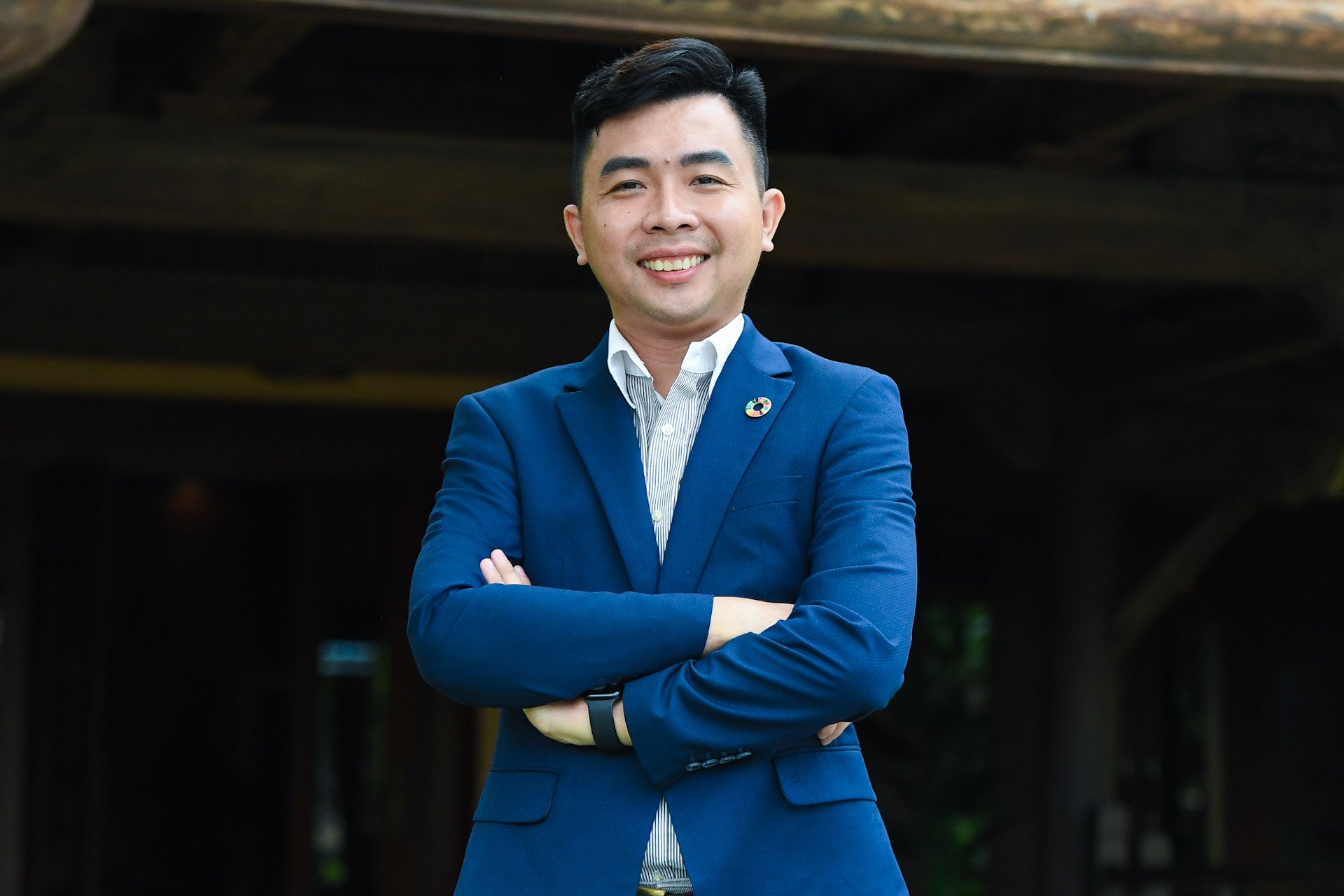
As a young lecturer in computer science, a field that is considered "hot" nowadays, how does Thai Anh feel about the strong promotion of science, technology and innovation that is taking place?
I see myself not only as a teacher, but also as a bridge between academic knowledge and practical issues.
At a time when the country is promoting its strategy for science, technology development and innovation, the role of educators is becoming more and more important: both inspiring the younger generation and applying technology to specific problems - especially in the Mekong Delta region, which is heavily impacted by climate change and needs sustainable development solutions.
How did Thai Anh connect and coordinate teaching at school with research and application of sustainable development projects in the Mekong Delta region?
I proactively build a network of connections with domestic and regional sustainable development organizations; attend seminars, workshops and practical activities to grasp real issues.
I then translate that experience into the curriculum by exposing students to applied problems—rather than just theory. For example, students will do essays, theses, or projects around issues like water pollution, plastic waste, or the application of technology in smart agriculture. This helps students learn theory while developing practical problem-solving skills.
How do you perceive the current state of scientific research in Vietnam, when many projects are still far from reality?
I think there are two groups of research: Group one is academic research, highly theoretical, often difficult to apply immediately. The second is applied research, taking problems from practice and applying knowledge to solve them.
I am referring to the second group - research that comes from practice. For example, when a local business encounters a specific problem, my group of students and I will approach it from a scientific and technological perspective to find a solution. Thus, the research results are no longer in the bookshelf but become useful models, products, and tools.
It is known that Thai Anh is also a member of the Can Tho City Young Entrepreneurs Club. What made you, a lecturer, join this organization?
I want scientific research to not only look good on paper but also be able to be implemented in practice. Joining the Young Entrepreneurs Club helps me approach problems from a business perspective - this greatly contributes to the product development process.
It also helps me practice entrepreneurial thinking and innovation such as: knowing how to analyze project feasibility, reduce implementation costs and finally focus on users.
These elements are very different from the purely academic approach.
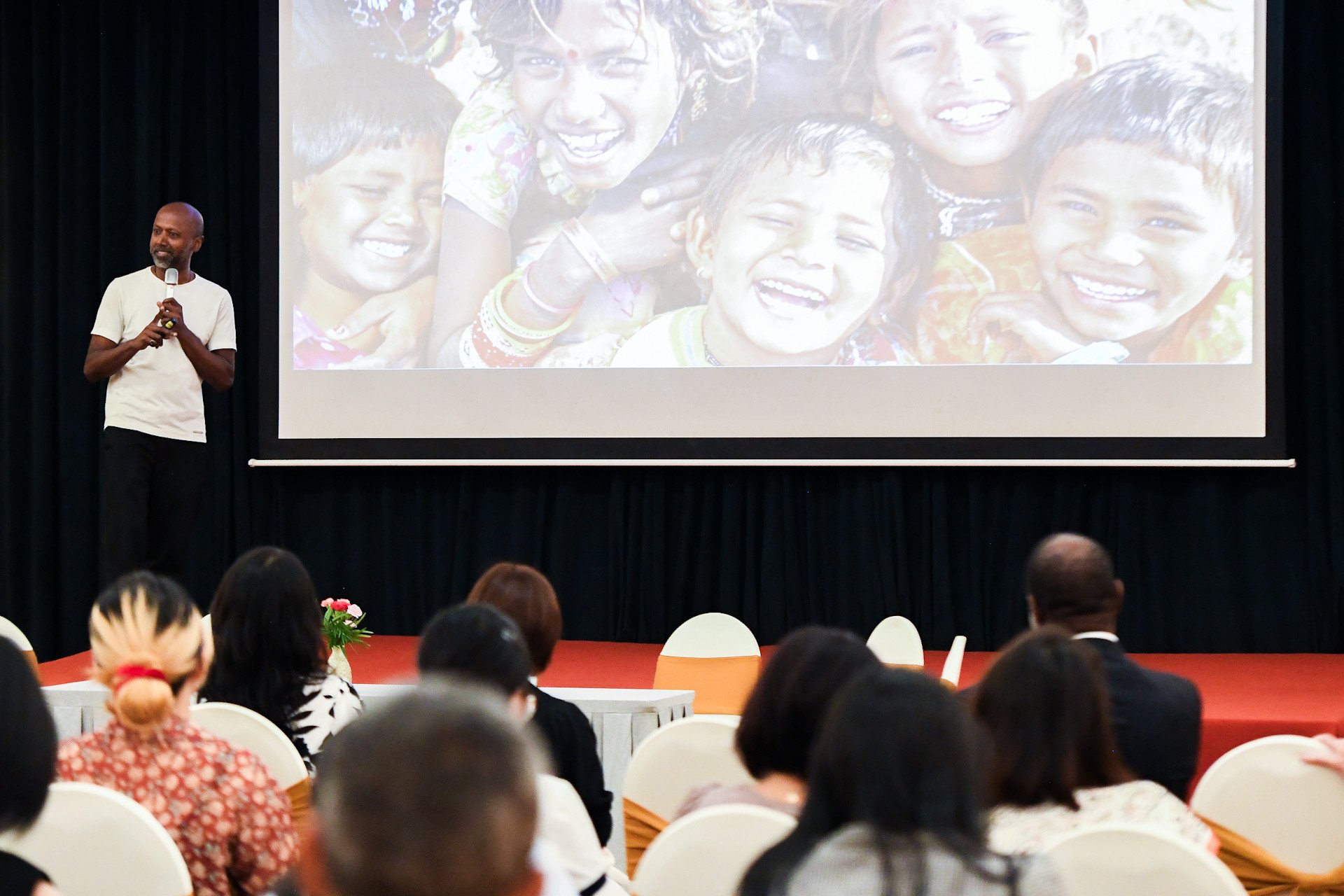
And what is the reason for Thai Anh to register and be selected to participate in the Vietnam Youth Global Vision 2025 (VYGO 2025) program taking place in Ninh Binh organized by AVSE Global (Vietnam Global Organization of Scientists and Experts)?
I want to connect with talented young people everywhere. I believe that every young Vietnamese person when going out into the world has a mission: to introduce Vietnamese culture, learn and connect with international resources to return to contribute to the homeland.
By participating in this program, I have shared my personal values - education, research and community development in the Mekong Delta. I want to spread the model of integrating teaching and sustainable development activities to many other students in the region.
Can Thai Anh share about a sustainable development project that he is most proud of when implementing?
That is the project “Water surface garbage collector”. Based on the fact that many rivers in the Mekong Delta are heavily polluted by waste, my team and I have researched and developed a model of equipment that can automatically move and collect waste.
Currently, the model has integrated artificial intelligence to identify waste and navigate automatic collection. We are developing smaller models to easily test, and inspire students to understand that what they learn can absolutely become products to solve real-life problems.
According to Thai Anh, what is the biggest difficulty for young people implementing research projects and applying them into practice?
First is financial and human resources. There are many good ideas but lack of capital to test. In addition, accessing and connecting with stakeholders - local authorities, support organizations, businesses - is not easy.
The bigger challenge is that support policies specifically for young people are limited. Young people, especially those outside the university environment and local youth, need clear mechanisms to act.
What is needed for young people, especially young people in the Mekong Delta, to actively participate in sustainable development activities?
I think there are three things. They are:
Inspiration : Many young people have potential but are not exposed to role models who are making a social impact. If properly inspired, they will take action.
Support mechanism : Including finance, training, connecting experts - creating an ecosystem for young people to commit.
Trust : Governments, businesses and communities need to put their trust in young people. When trusted, they will boldly propose and implement projects that bring real value to the community.
I have participated in a program connecting city leaders and young scientists in Can Tho - it is a good model. Hopefully there will be more such programs in other provinces and cities.
If you could send a short message to students, what would you want to say?
I want to say that students are the most powerful force to promote sustainable development in Vietnam. You have knowledge, time, and enthusiasm - do not hesitate to try.
Study not just for a career, but for impact. Whether you study technology, agriculture, social science, or the environment, you can contribute to solving problems in your community. Start small – a paper topic, a research group, a media campaign – and you will see how much change you can make.
Source: https://vietnamnet.vn/chinh-quyen-doanh-nghiep-va-cong-dong-can-dat-niem-tin-vao-nguoi-tre-2427817.html








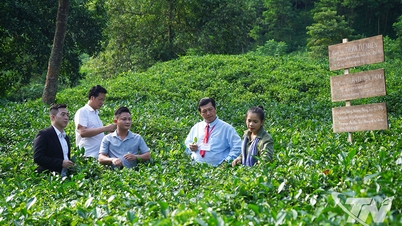







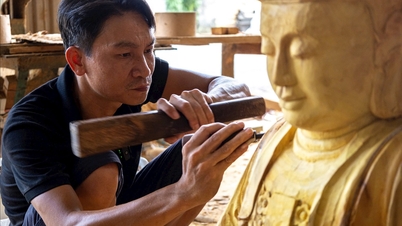

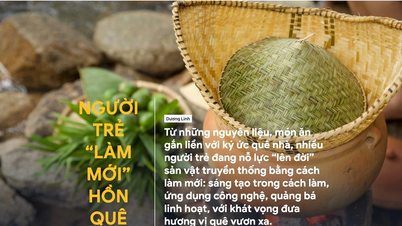



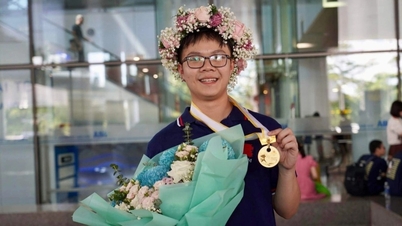

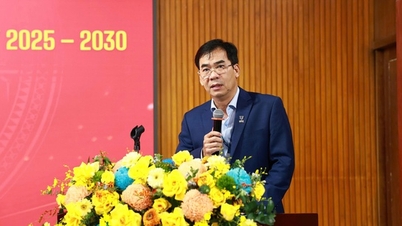
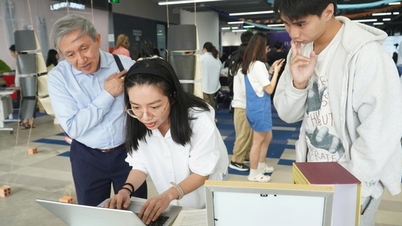
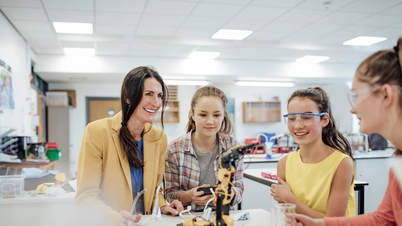









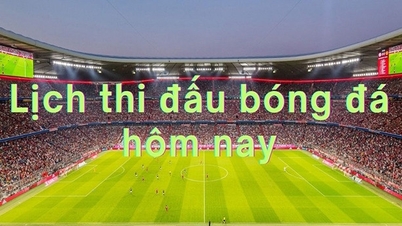





![[Video] Hue Monuments reopen to welcome visitors](https://vphoto.vietnam.vn/thumb/402x226/vietnam/resource/IMAGE/2025/11/05/1762301089171_dung01-05-43-09still013-jpg.webp)





























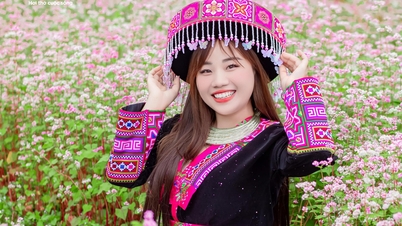
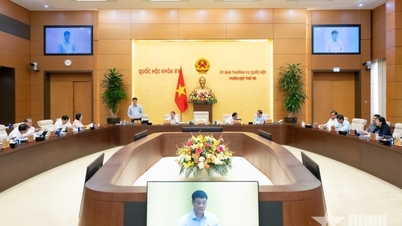















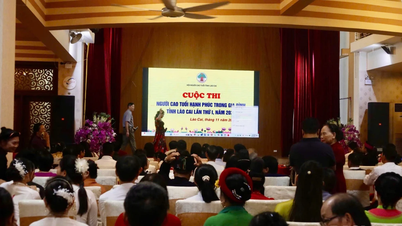

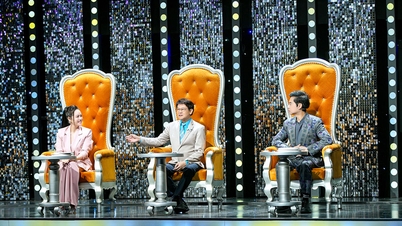


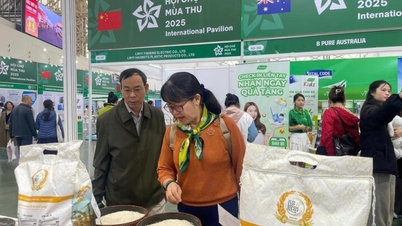












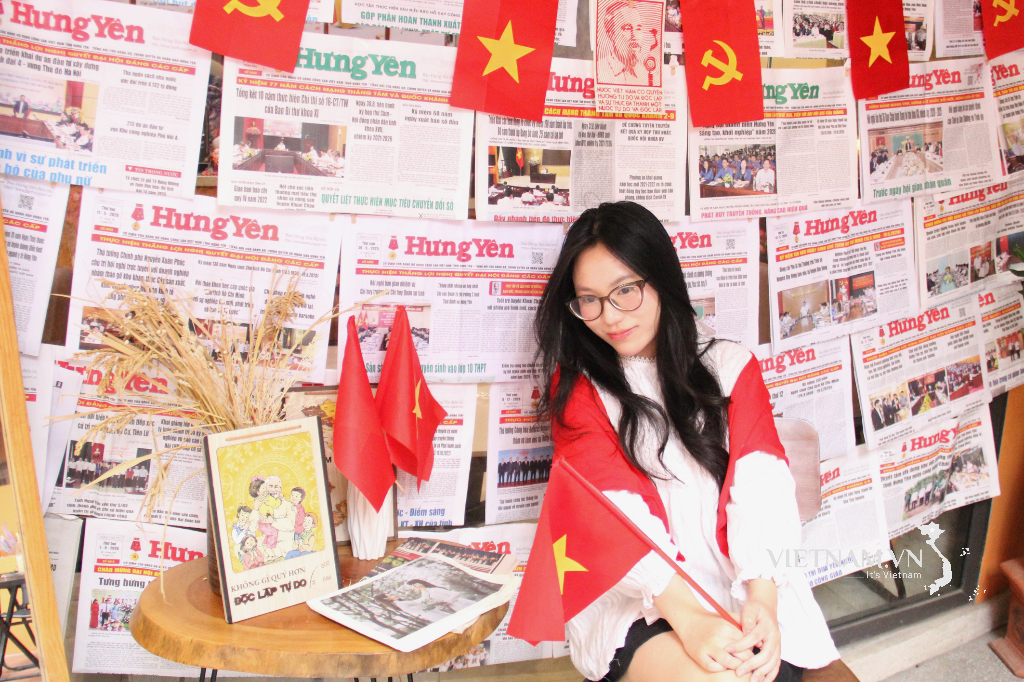


Comment (0)